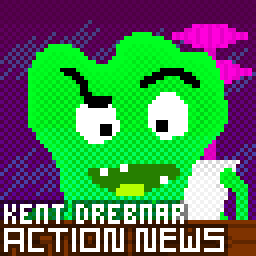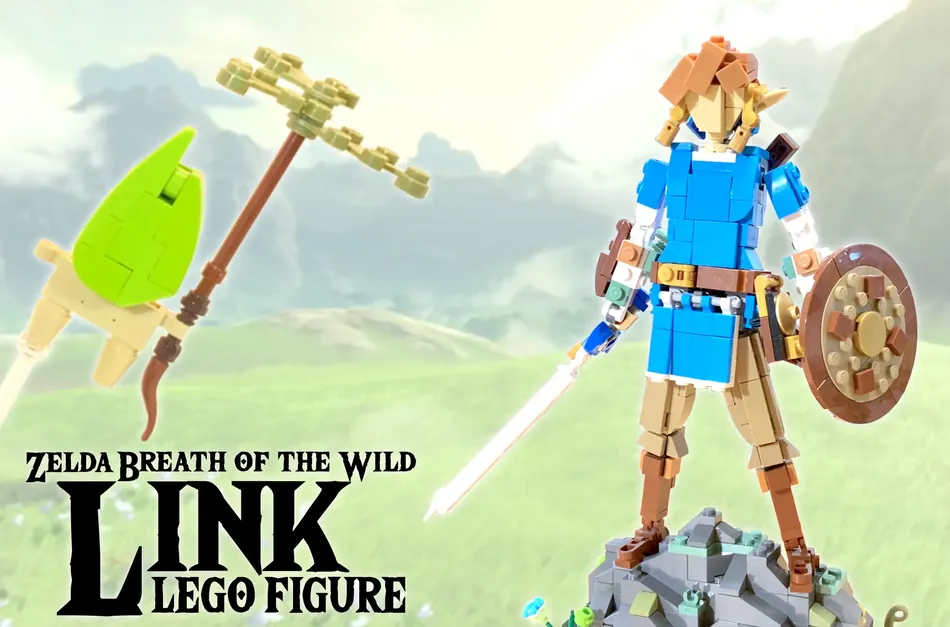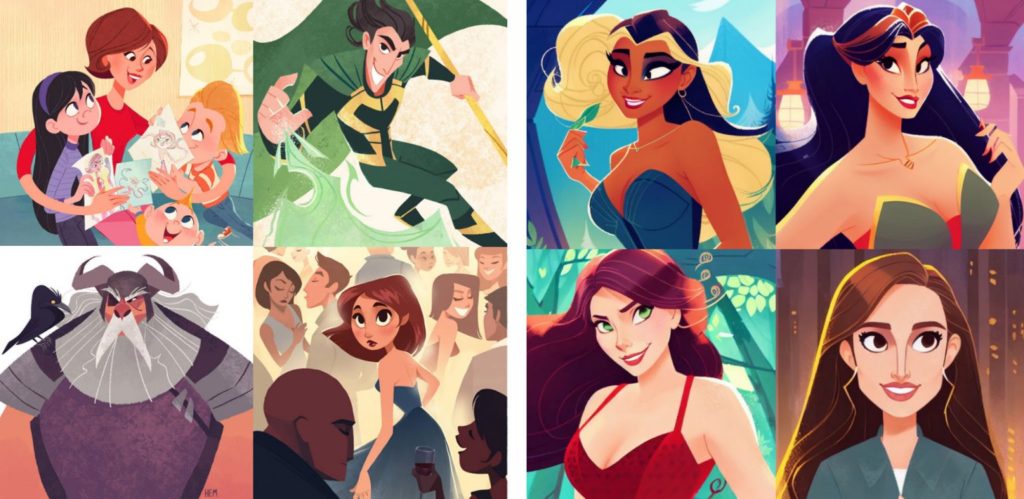Bad Game Hall of Game is an interesting blog that talks about failed titles without the snark with which they were usually treated in the early days of the Web, or the rancor of The Angry Video Game Nerd. Snark and furor drive hits, of course, so I can respect the desire to give games many regard as kusoge their due, whatever that may be.

When you don’t? It’s unfair.
Truthfully, there are lots of games that are perceived as bad that aren’t really so terrible, often due to the audience-chasing bile emitted by folk like Seanbaby and Something Awful. Games intended to be played for challenge, especially those from arcades and the earlier years of consoles, are kind of a pastime for masochists. When you lose, it often feels like it’s not your fault, but was it really? Was that hit telegraphed and avoidable? Was there some clever technique to be discovered, like jumping and slicing through an Ironknuckle’s helmet in Zelda II, that makes seemingly impossible enemies a simple matter to defeat? And when a game is intended to be played many times, not shattered in a single session but returned to many times, getting a bit further each time, isn’t it supposed to be a good thing that you may lose your first time out?
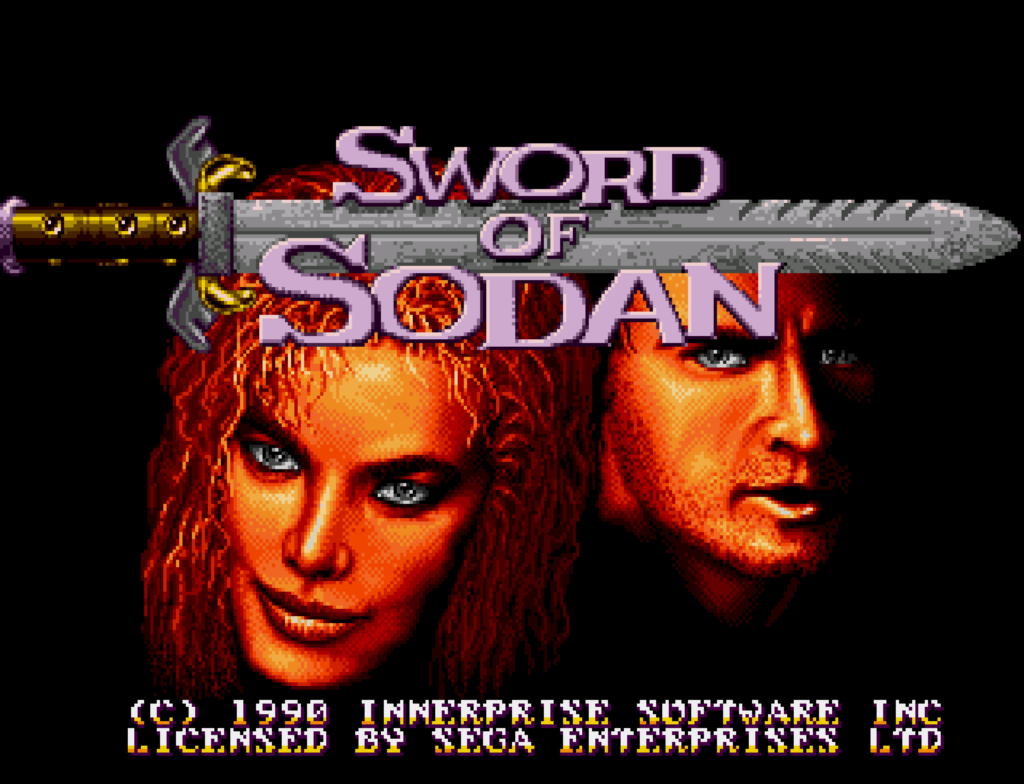
There are lots of armchair game designers, maybe even more than armchair movie directors, since players spend more time with games generally before they put them down, and it’s easier, theoretically at least, to make games yourself without the capital expenditure and outside labor that movies require. (I can tell you though, it’s still plenty hard.) And yet, they are the players, and if they’re not having fun, then the game is doing it wrong. Even if it’s because of some information or training the player hasn’t, in their life, gained, you can’t blame them. Maturity can help a player enjoy games they wouldn’t otherwise. But this is also true of any art form, and the opposite could also be said to be true, there are games where, I’d say, maturity is an outright barrier to enjoyment. It’s complicated. Maybe I’ll talk about this later.
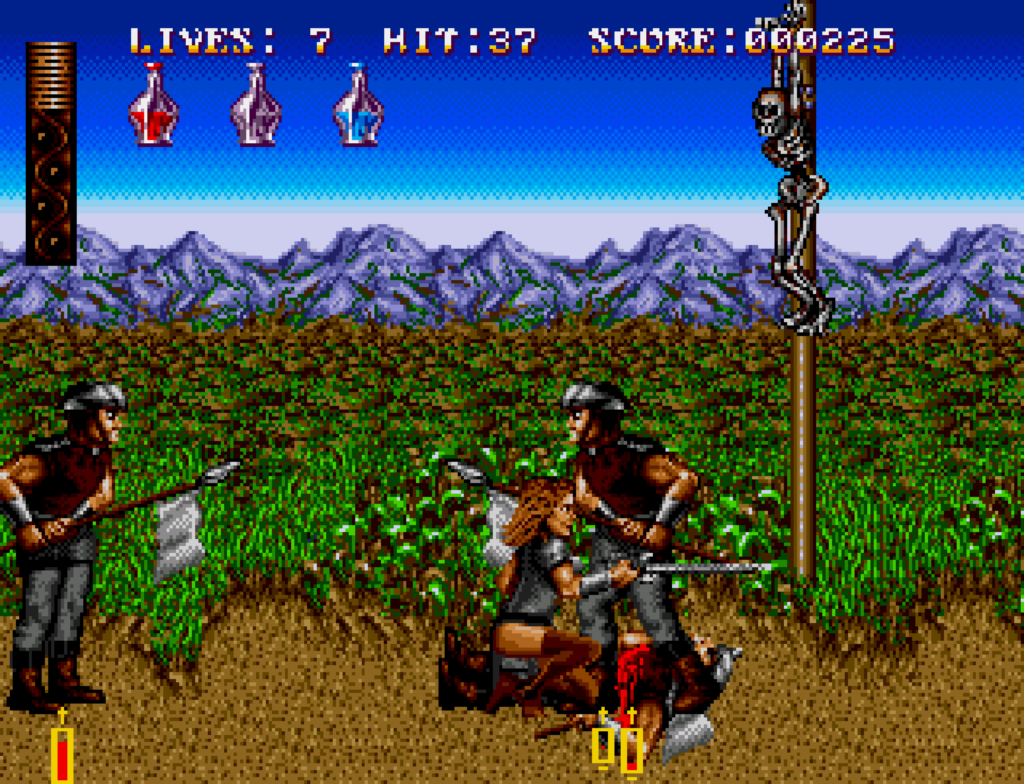
In the article that Bad Game Hall Of Fame talks about that I find interesting today, the game in question is Sword of Sodan, the creation of Finnish demo coder Søren Grønbech, an infamous game with a much longer story behind it than your typical bad game, indeed extremely long. Out of curosity, I pasted BGHoF’s discussion of it into Microsoft Word, and it came up to 67 pages! It’s got two large sets of footnotes, goes back to the Amiga demo scene and gives insight into the difficulties of developing computer games, at the time, in the state of Denmark.
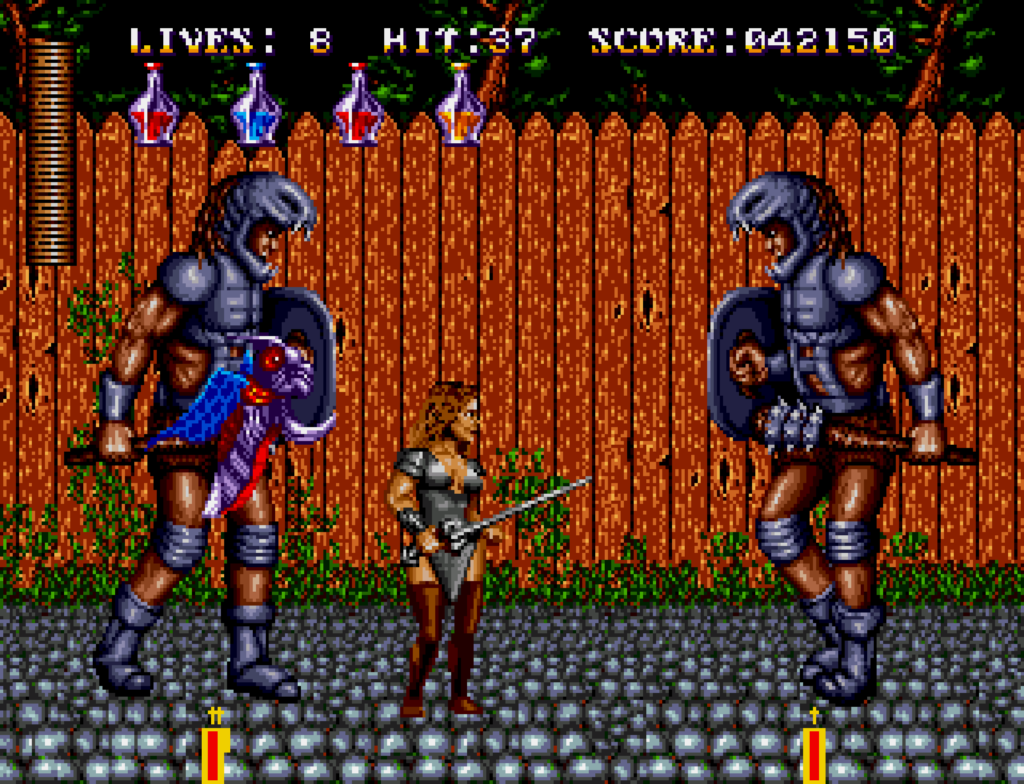
Sword of Sodan for the Sega Mega Drive/Genesis, as it turns out, is a port of an Amiga game. Both games are extremely hard, but the Genesis version actually has more interesting design decisions behind it, in the form of its potion mixing subgame. You can hold up to four potions, each of one of four different colors, and can choose to drink any number of them at once. Drinking different combinations of potions has different effects, most good, some useless, a couple actually bad. (Hilariously, if you drink one of each color at a time your character immediately dies, and the game flashes a message on screen: “WINNERS DON’T DO DRUGS.” Gee thanks, William S. Sessions.)
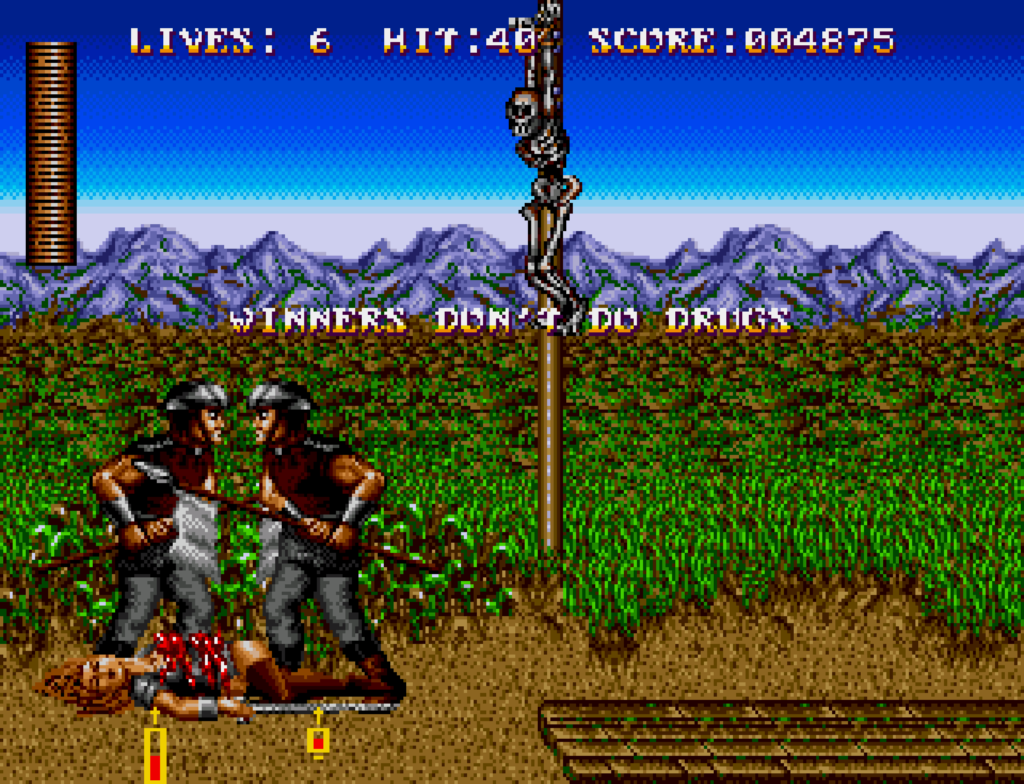
67 pages is a lot to read about a game that few people might want to play, but it’s okay to skip around. I won’t tell anyone.
Bad Game Hall of Fame: Sword of Sodan

